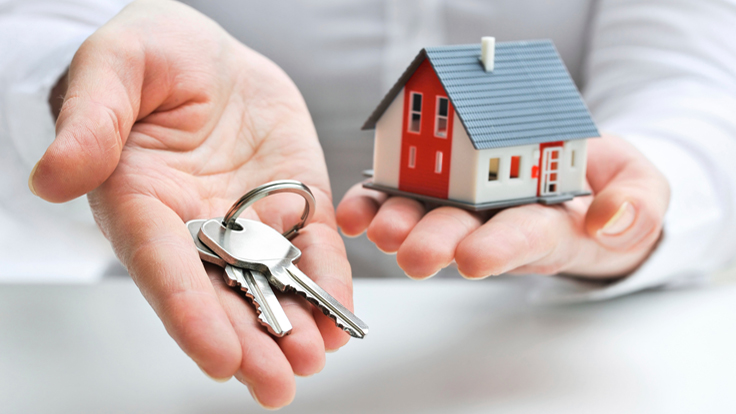CBN Properites Local Information and Buying Guide
Buying property in Spain
Buying a property in Spain is something that most people think about at least once in their lives. Some people then make it a reality. There are differences, however, between the Spanish conveyancing process and that experienced in the UK. There are also some possible pitfalls that you should be aware of.
What’s on the market?
Much of the procedure for buying here is similar to what you might expect elsewhere. Estate agents are usually engaged to help the owner sell the property, although some houses might be advertised privately. You may find that several different estate agents are involved in selling the same property and, where this is the case, check what each one is advertising it for. They are not always the same!
It is a legal requirement for properties to have an energy certificate which identifies how economical their energy use is. However, the application of this requirement is still patchy. There are plenty of internet sites to browse through as well as your more traditional estate agents’ windows. Just be careful not to get carried away and sign anything too soon.
Checks first
It is normal in Spain for people to place a deposit on a property and sign a private contract in the early stages of buying a house. However, do not be pushed into doing this before you have had the contract itself checked to ensure that it protects your rights and your money. This initial contract is a safeguard for both buyer and seller and will have clauses that indicate what the penalty is for pulling out.
If you sign this before you are sure that the property comes without complications then you might lose your deposit. For example, you need to have checked whether a property has debts held against it and if any extension or home improvements have the correct licences in place. It’s recommended by many solicitors that you do not sign anything before you have had some of these basic checks made.
NIE
In order to buy any large item in Spain such as a house or a car, you need to have an NIE (Número de Identificación de Extranjeros). Having this means that you are registered with the Spanish Tax Authorities and it is the number that must be quoted for many transactions.
If you don’t have one then you will need to apply and can enlist someone with a good reputation for helping foreigners to do it for you. Some people manage the procedure for themselves but if you aren’t sure what you’re doing it can be a frustrating process.
With your NIE you will be able to open a bank account, an essential step if you wish to own property in Spain. This will allow you to pay your utilities and any other standing orders that you have. The bank will want to establish whether you are a resident or a non-resident and if this changes at any point in the future, you should let them know.
Taxes
You will have property taxes to pay when you make your purchase. Be prepared to calculate around 15% above the purchase price of your house to ensure that you have sufficient capital to pay these and the other costs that you incur when buying in Spain. The purchaser must pay everything except for plusvalía which is paid by the seller and is a type of capital gains tax.
When you buy a new Spanish property you must pay IVA (VAT) at 10% and a stamp duty (AJD) at around 1.5% depending upon where your property is located. If it’s a resale property that you have purchased then 10% ITP (transfer tax) will be payable.
Registers
A notary will be involved in the final signing over of the Title Deed or Escritura. You will need to attend the notary’s office and should take a translator if you are not fluent in Spanish. The notary is responsible for making sure that the conveyancing process has followed the requirements of Spanish law.
Once the documents have been signed then the sale must be registered with the Land Registry. This establishes you as the legal owner and this is when you will be given the Title Deed. The final payment you will need to make is to your legal representative. Remember to keep all the invoices and receipts, just in case.
Utilities
At this stage the electricity and water contracts should also be transferred into your name. This will enable you to make any amendments to them if you should need to. Many properties are also part of a community of owners. If this is the case for the property you’ve purchased then you will have an annual community fee to pay. This takes care of all shared facilities such as stairwells and lifts, green spaces and community pools.
Getting the right advice
The purchasing process can be completed in a couple of months with the help of a reputable and experienced solicitor. You should employ someone to act on your behalf who has representatives who speak your language fluently. Word-of-mouth can still be a good way of finding the right legal representation. Just beware of estate agents who suggest that they can complete all legal requirements for you. There can be a conflict of interests here.
House prices in Spain are more buoyant than they used to be following the 2008 crisis. However, they are still relatively low and you can buy a spacious property for significantly less than most places in the UK. Even when you have taken the on-costs into account, it is highly likely that you will walk away with your dream fulfilled for less than you bargained for.




